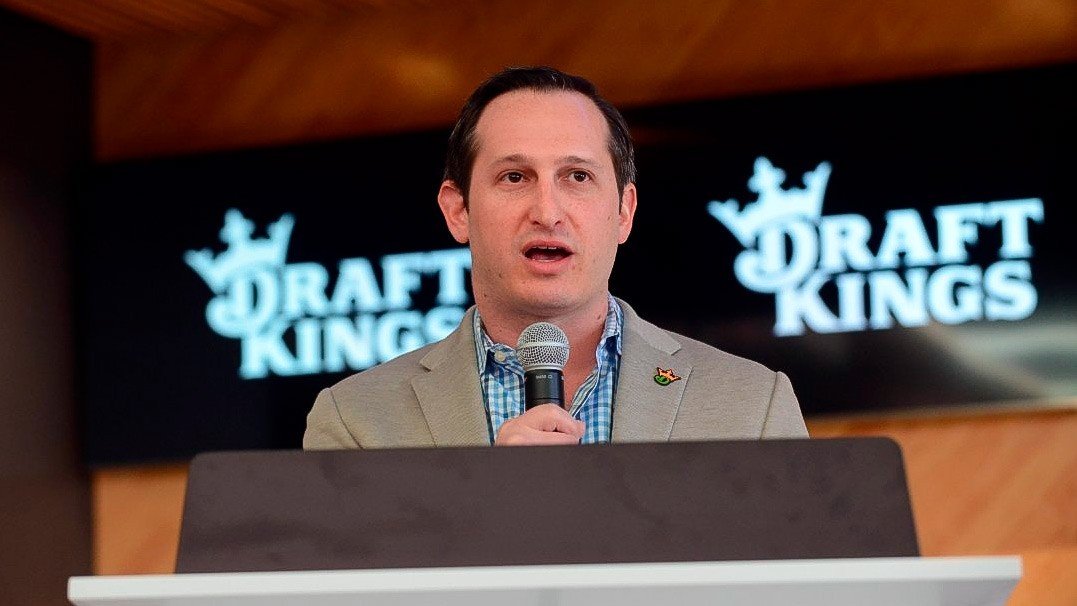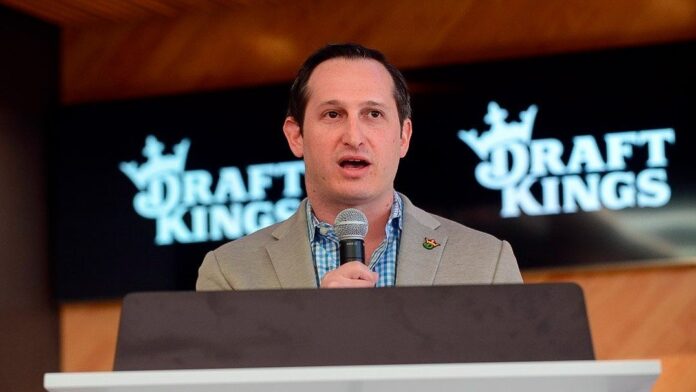
The integration of artificial intelligence (AI) into various industries has raised questions about its potential to exacerbate addictive behaviors, particularly in sectors like online gambling. DraftKings, a prominent player in the sports betting realm, has recently found itself at the center of this debate as it increasingly incorporates AI into its platform.
Speaking at the Fortune Executive Exchange, DraftKings CEO Jason Robins addressed concerns that AI optimization could fuel addictive behaviors among users. While acknowledging the company’s responsibility in preventing gambling addictions, Robins emphasized the role of individual accountability in curbing harmful fixations.
“It’s not this black-and-white line,” he said. “There is some onus on the individual in these situations, too. But there’s a role we also have to play. We have to make sure that we’re both doing what we can to prevent it.”
Robins contended that DraftKings implements measures to empower users to set limits on their betting activities, such as monthly spending caps or time restrictions. Additionally, the company employs a dedicated team to identify high-risk users and intervene if necessary, and DraftKings’ advertisements also provide resources for gambling addiction support.
Despite utilizing AI in various aspects of its operations, including chatbots and customer satisfaction enhancement, Robins asserted that DraftKings does not employ AI to deliberately manipulate users into addictive behaviors. He emphasized the company’s focus on convenience-driven AI applications rather than strategies aimed at increasing gambling activity.
Robins rebuffed suggestions that AI could be used to create or exacerbate addictions, stating: “People who have gambling issues, they’re going to have a gambling issue.” He stressed the importance of identifying and supporting individuals with gambling problems but underscored that, ultimately, individuals must decide to change their behavior.
Regarding the use of AI to identify and intervene in high-risk situations, Robins acknowledged the delicate balance between flagging potential issues and intervening appropriately. He highlighted DraftKings’ efforts to build a platform that provides value to responsible users while minimizing access for individuals susceptible to addiction.
Robins concluded by expressing confidence in AI’s potential to contribute positively to responsible gambling practices. “AI can actually be helpful in that regard by having good models that identify player behavior patterns and then having means of intervening when you find that there’s somebody that you think has an issue,” he said.














